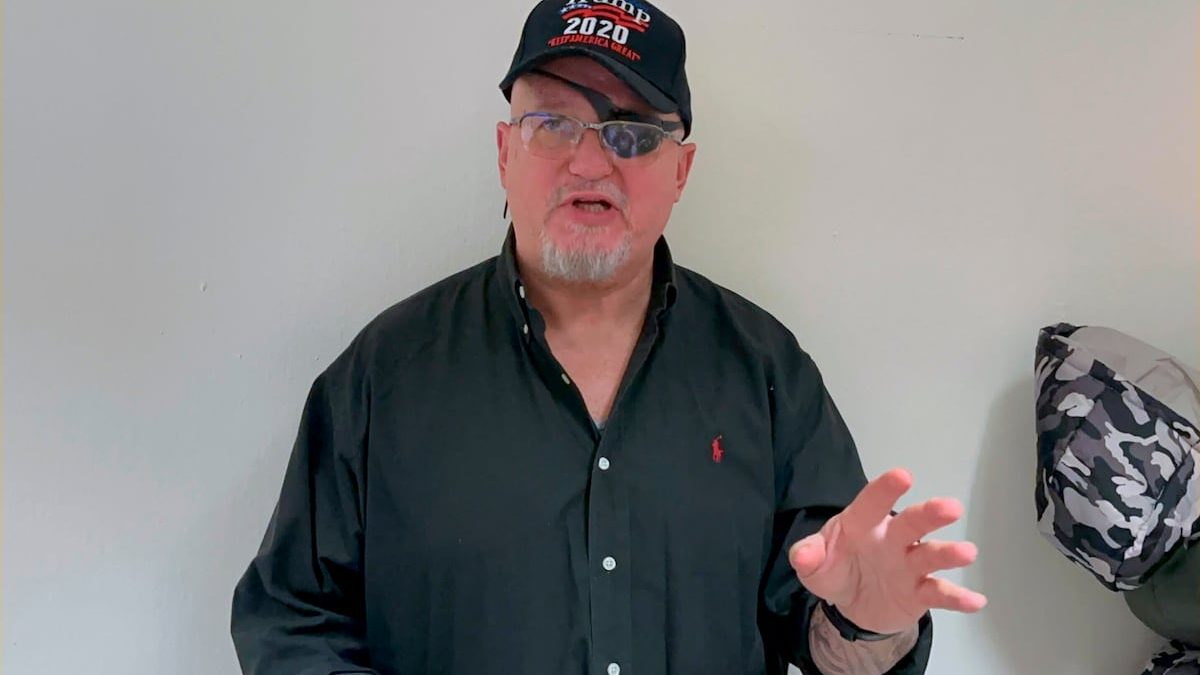A federal judge on Friday barred Army veteran and Oath Keepers founder Stewart Rhodes from entering Washington, D.C., without the court’s approval after President Donald Trump commuted the far-right extremist group leader’s 18-year prison sentence for orchestrating an attack on the U.S. Capitol four years ago.
U.S. District Judge Amit Mehta issued the order two days after Rhodes visited the Capitol, where he met with at least one lawmaker, chatted with others and defended his actions during a mob’s attack on Jan. 6, 2021. Rhodes was released from a Maryland prison a day earlier.
Mehta’s order applies to seven other people who were convicted of charges in the riot that halted the certification of Joe Biden’s 2020 presidential election victory over Trump, including three other Army veterans and Oath Keepers members: Kenneth Harrelson, Jessica Watkins and Edward Vallejo. The order also prohibits them from entering the Capitol building or surrounding grounds without the court’s permission.
Of the approximately 1,500 people who faced charges for their involvement in the Capitol breach, about 230 have military backgrounds, according to the latest data from the National Consortium for the Study of Terrorism and Responses to Terrorism. Of those, 21 were part of the Oath Keepers and 27 were Proud Boys members.
When Rhodes founded the Oath Keepers in 2009, he recruited other veterans, service members, firefighters and police to join his cause.
Rhodes was convicted of seditious conspiracy in one of the most serious cases brought by the Justice Department. He was found guilty of orchestrating a weekslong plot that culminated in his followers attacking the U.S. Capitol in a desperate bid to keep Trump, a Republican, in power.
Rhodes did not enter the building on Jan. 6 and has said it was “stupid” that members of the Oath Keepers did.
“My guys blundered through doors,” he insisted during his visit to Capitol Hill earlier this week.
Trump’s sweeping clemency order on Monday upended the largest prosecution in Justice Department history, freeing from prison people seen on camera viciously attacking police as well as leaders of far-right extremist groups convicted of orchestrating violent plots to stop the peaceful transfer of power after his election loss.
Trump has defended the pardons , saying the defendants had “already served years in prison” in conditions he described as “disgusting” and “inhumane.”
Military Times editor Nikki Wentling contributed to this report.
Read the full article here


